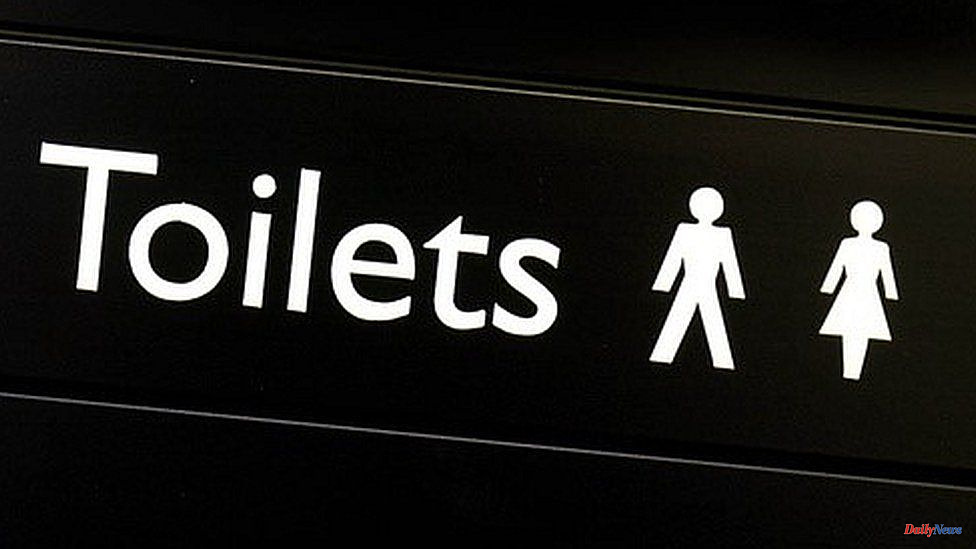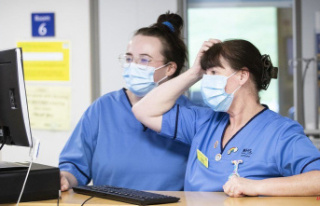According to the government, all new buildings in England should have separate male- and female toilets.
Kemi Badenoch, minister for equality, stated that it was vital that women feel secure and their needs are met.
According to the government, female users felt "unfairly disenfranchised" due to the "rise in gender neutral toilets", and had to wait longer for their turn.
Transgender rights organizations argue that gender-neutral toilets are able to protect trans people against discrimination.
Trans people may face challenges using male or female toilets, according to rights groups.
This announcement by the government makes a distinction between gender neutral toilets which share waiting and hand-washing facilities as well as a variety of cubicles, and unisex toilets which are standalone, single facilities that can be used by both genders.
According to the government, separate unisex or universal toilets should be available in public buildings where there is enough space. However, they should not be installed at any cost to female toilets.
According to the revised approach, which was first proposed last year, women who might need to use facilities more frequently, such as because of pregnancy or sanitary reasons, were assured "appropriate facilities".
Plans by the government, which will involve changes to building regulations, guidance and guidelines, are in line with a call for evidence that began in late 2020.
In the autumn, a technical consultation will be held to discuss the design of unisex, self-contained cubicles for privacy and improvements needed for disabled toilets.
Ms Badenoch stated that it was vital for women to feel comfortable using public facilities and that they are treated with respect.
"These changes will ensure separate toilets are maintained for men and women, while providing universal toilets to those who need them. This is common sense.
According to the department, the proposed measures will apply to public buildings larger than a certain size. This would be determined during the consultation process.












